
How to get URL link on X (Twitter) App

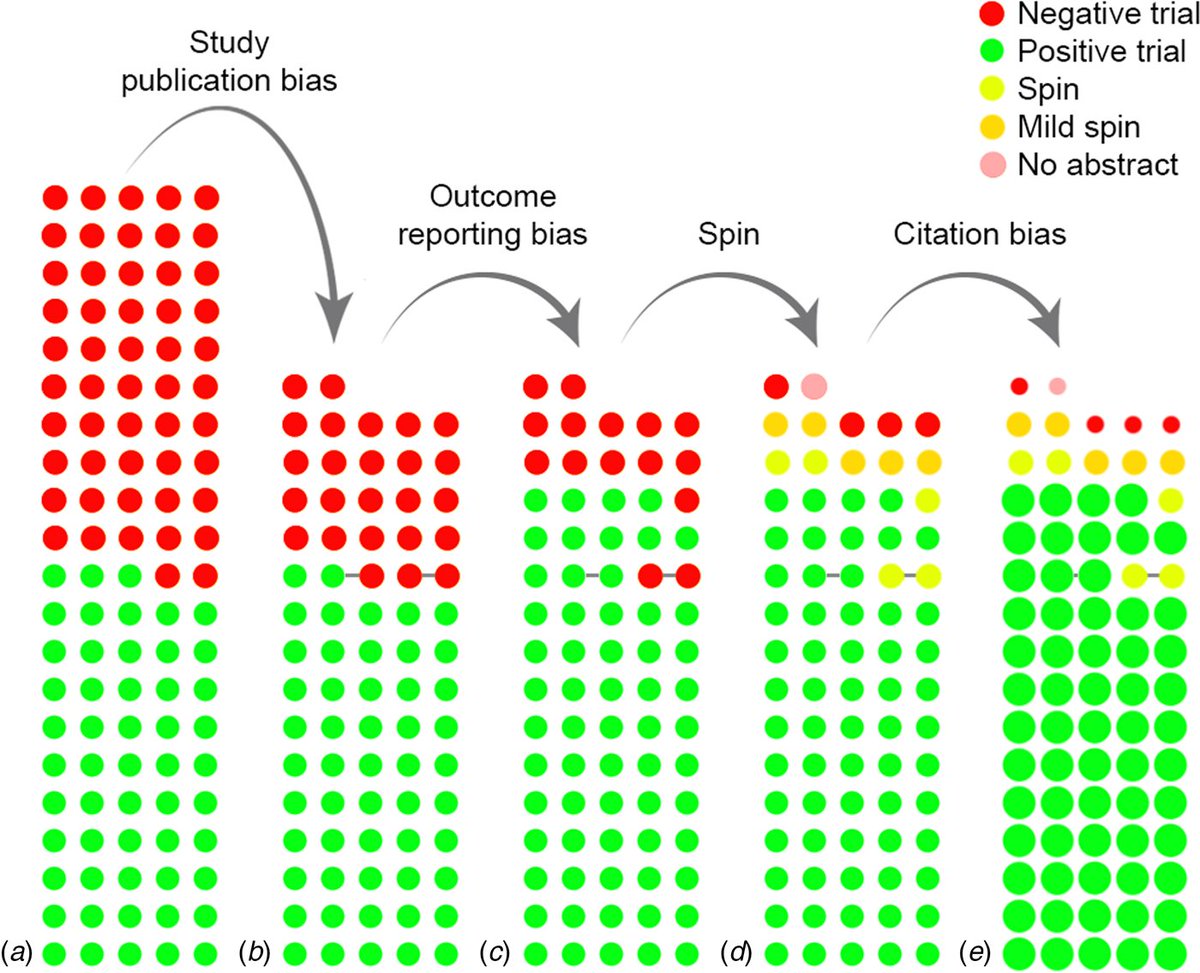
 This discussion is from a paper in @CambUP_Psych which analyzed the cumulative impact of biases on apparent efficacy for antidepressants. 2/12 cambridge.org/core/journals/…
This discussion is from a paper in @CambUP_Psych which analyzed the cumulative impact of biases on apparent efficacy for antidepressants. 2/12 cambridge.org/core/journals/…
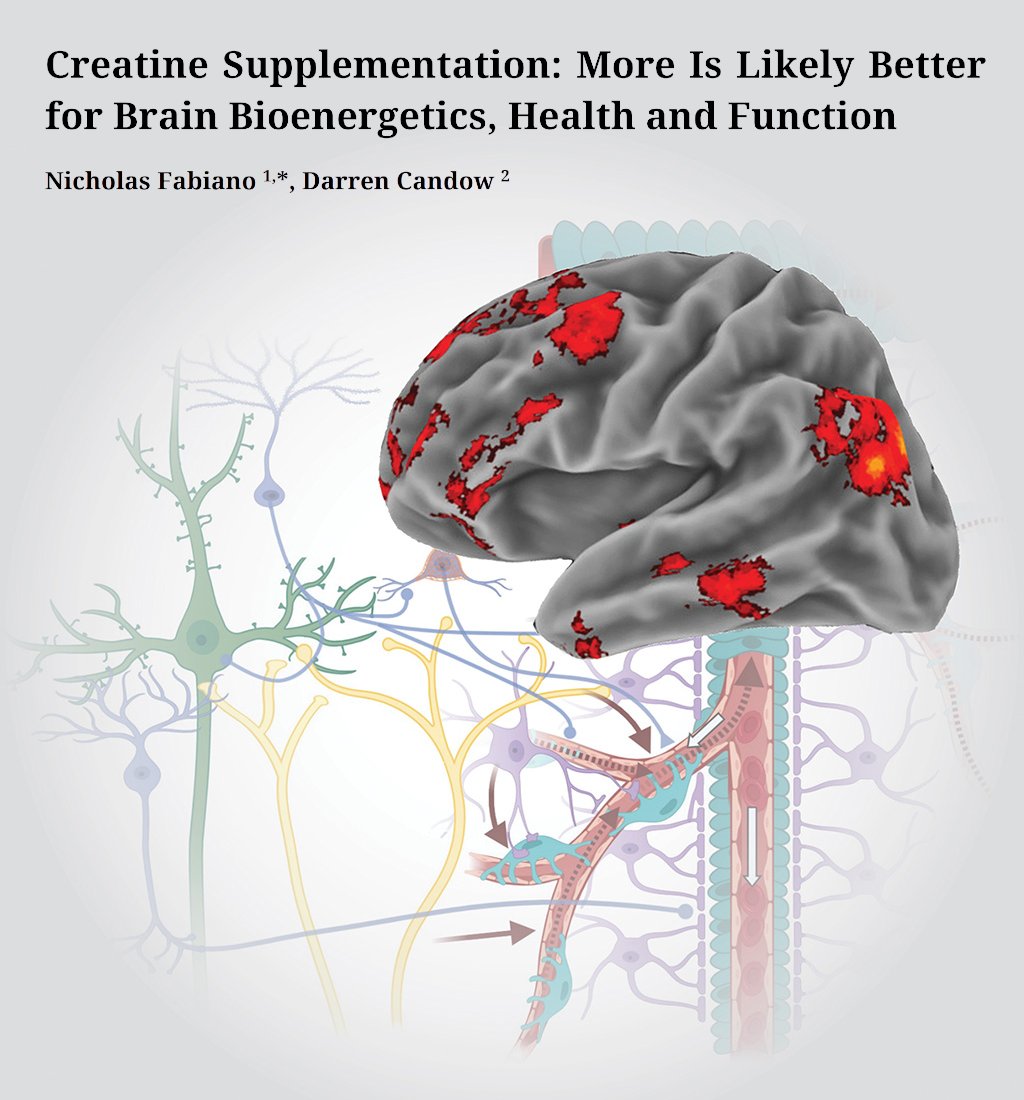
 Given the constant energy supply required by the brain, there has been increasing interest in the potential of creatine for improving brain bioenergetics, health and function. 2/10
Given the constant energy supply required by the brain, there has been increasing interest in the potential of creatine for improving brain bioenergetics, health and function. 2/10 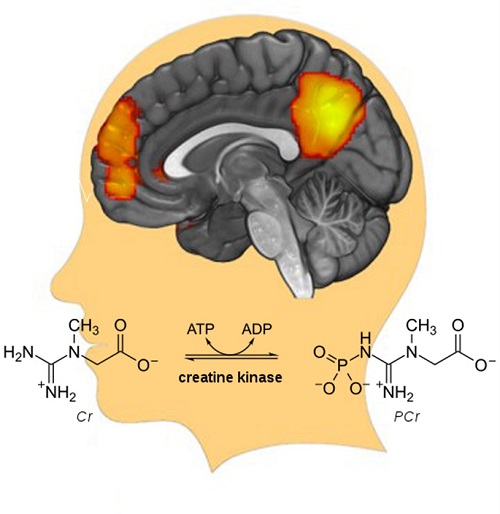
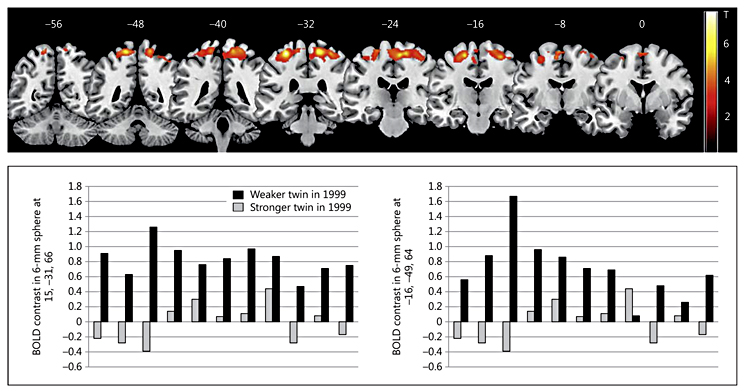
 These findings are from a study in @KargerPublisher which tested whether muscle fitness (measured by leg power) could predict cognitive change in a healthy older population over a 10-year time interval. 2/7 karger.com/ger/article/62…
These findings are from a study in @KargerPublisher which tested whether muscle fitness (measured by leg power) could predict cognitive change in a healthy older population over a 10-year time interval. 2/7 karger.com/ger/article/62…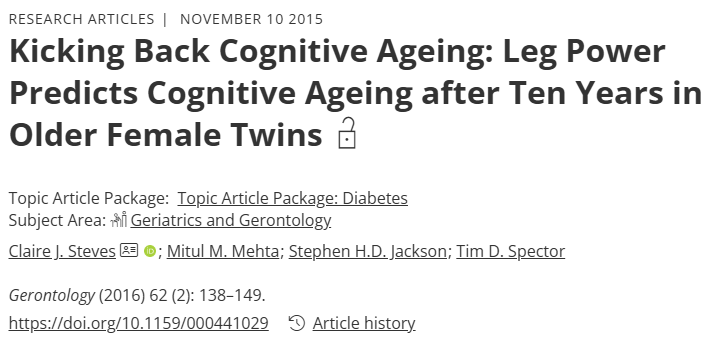
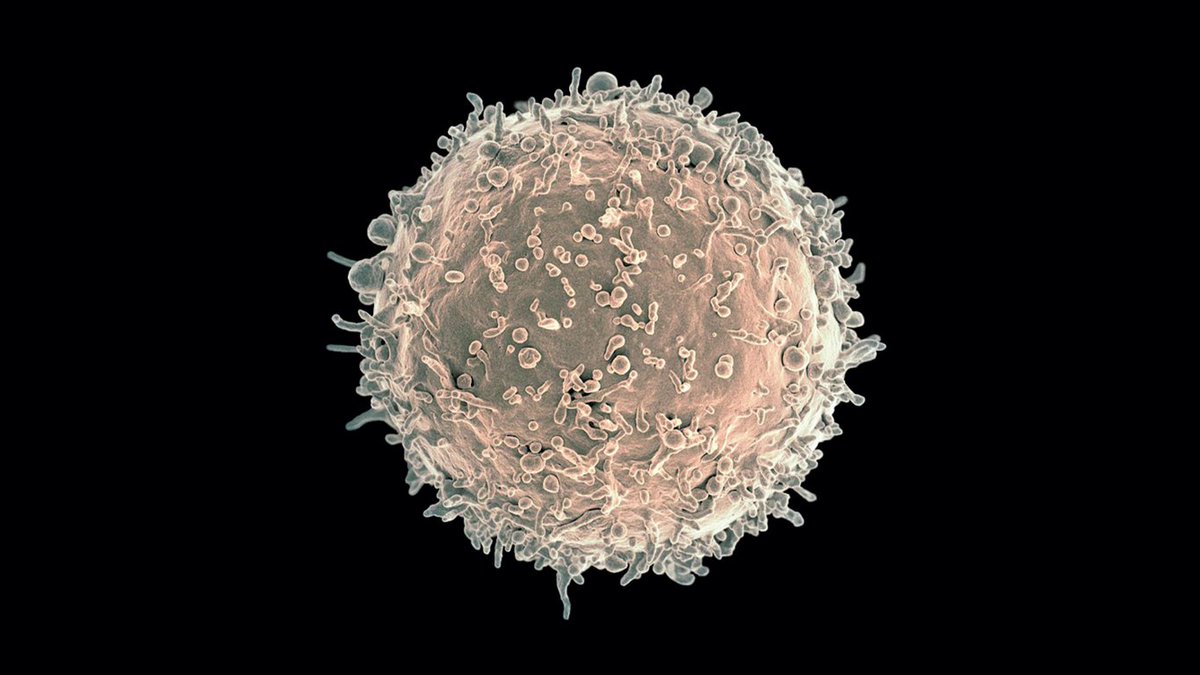
 These findings are from a paper in @FrontNeurosci which argues that a promising way forward in understanding the nature of human cognition is to zoom out from the prevailing picture focusing on its neural basis. 2/10 frontiersin.org/journals/integ…
These findings are from a paper in @FrontNeurosci which argues that a promising way forward in understanding the nature of human cognition is to zoom out from the prevailing picture focusing on its neural basis. 2/10 frontiersin.org/journals/integ…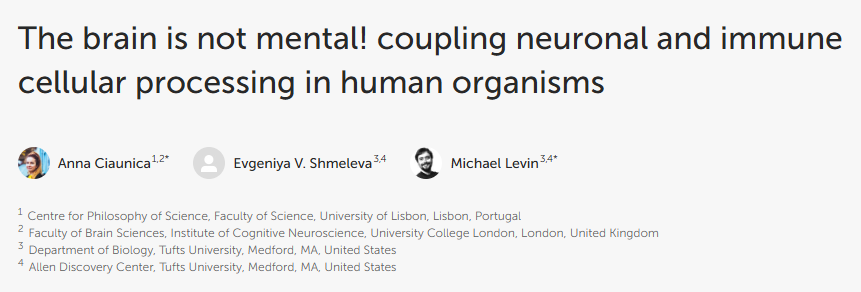
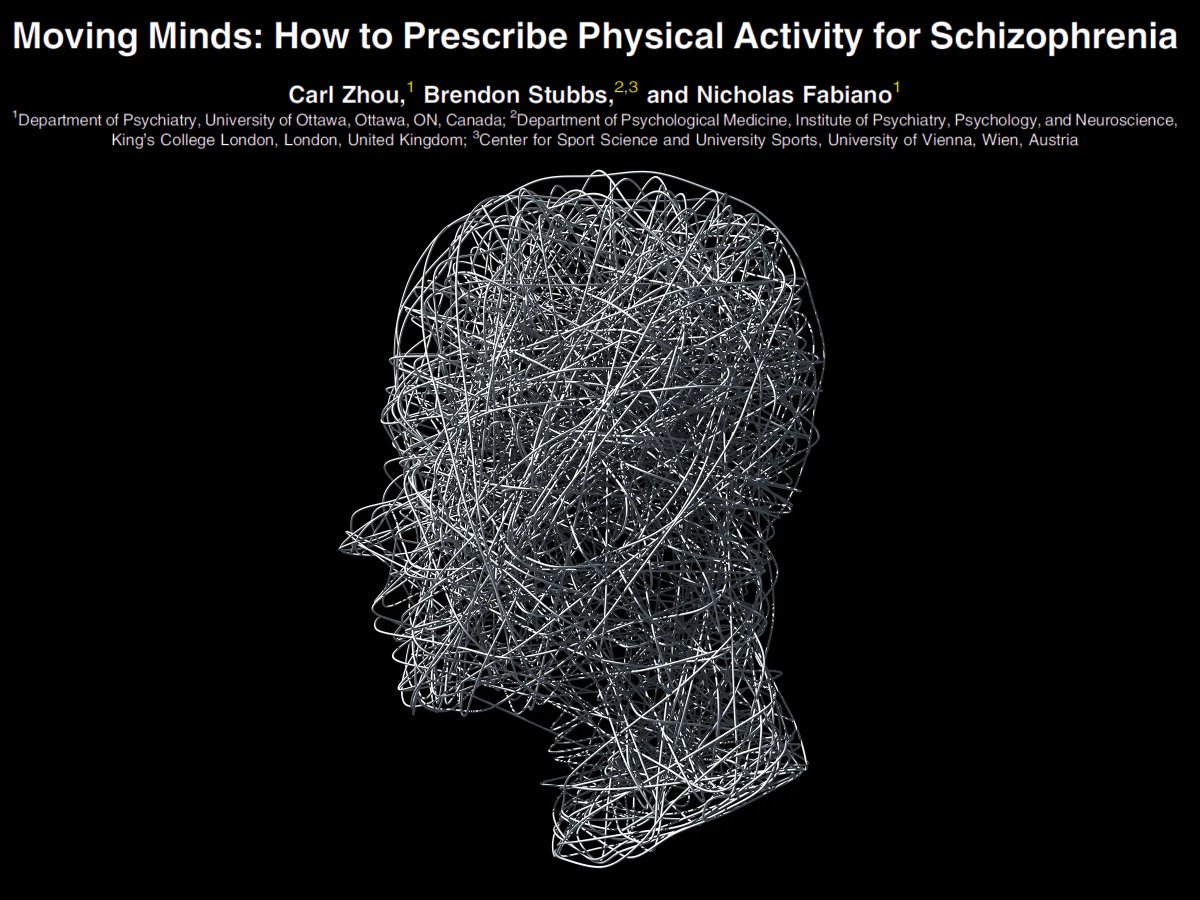
 These findings are from our paper in @jpahjournal which outlines practical strategies for exercise professionals and clinicians involved in the treatment of schizophrenia, informed by the latest evidence, to help prescribe exercise effectively. 2/12journals.humankinetics.com/view/journals/…
These findings are from our paper in @jpahjournal which outlines practical strategies for exercise professionals and clinicians involved in the treatment of schizophrenia, informed by the latest evidence, to help prescribe exercise effectively. 2/12journals.humankinetics.com/view/journals/…

 These findings are from a study in @Nutrients_MDPI which aimed to determine the effects of the subchronic consumption of dark chocolate on cognitive function and neurotrophins. 2/9 mdpi.com/2072-6643/11/1…
These findings are from a study in @Nutrients_MDPI which aimed to determine the effects of the subchronic consumption of dark chocolate on cognitive function and neurotrophins. 2/9 mdpi.com/2072-6643/11/1…

 These findings are from a study in @Nature which profiled the molecular responses in >2 million nuclei from the prefrontal cortex of 111 human brains, collected post-mortem from individuals with and without PTSD and major depressive disorder. 2/10 nature.com/articles/s4158…
These findings are from a study in @Nature which profiled the molecular responses in >2 million nuclei from the prefrontal cortex of 111 human brains, collected post-mortem from individuals with and without PTSD and major depressive disorder. 2/10 nature.com/articles/s4158…

 These findings are from a study in @JAMANeuro which aimed to investigate the association between ultra-processed food (UPF) consumption and cognitive decline. 2/10 jamanetwork.com/journals/jaman…
These findings are from a study in @JAMANeuro which aimed to investigate the association between ultra-processed food (UPF) consumption and cognitive decline. 2/10 jamanetwork.com/journals/jaman…

 These findings are from a study in @JAMAPsych which aimed to identify the association between screen time during late childhood and depressive symptoms in early adolescence. 2/8 jamanetwork.com/journals/jamap…
These findings are from a study in @JAMAPsych which aimed to identify the association between screen time during late childhood and depressive symptoms in early adolescence. 2/8 jamanetwork.com/journals/jamap…

 This discussion is from a review article in @ElsevierConnect which describes the theory of ‘contagious depression’, whereby depression can be induced or triggered by our social environment. 2/11 sciencedirect.com/science/articl…
This discussion is from a review article in @ElsevierConnect which describes the theory of ‘contagious depression’, whereby depression can be induced or triggered by our social environment. 2/11 sciencedirect.com/science/articl…

 These findings are from a study in @spietweets which explored the physical limits of photon transport in the head in the extreme case wherein the source and detector were diametrically opposite. 2/10 spiedigitallibrary.org/journals/neuro…
These findings are from a study in @spietweets which explored the physical limits of photon transport in the head in the extreme case wherein the source and detector were diametrically opposite. 2/10 spiedigitallibrary.org/journals/neuro…

 These findings are from a study in @PhysRevE which employs cavity quantum electrodynamics to explore entangled biphoton generation through cascade emission as a potential source for the synchronized activity of neurons. 2/13 journals.aps.org/pre/abstract/1…
These findings are from a study in @PhysRevE which employs cavity quantum electrodynamics to explore entangled biphoton generation through cascade emission as a potential source for the synchronized activity of neurons. 2/13 journals.aps.org/pre/abstract/1…

 These findings are from a paper in @scisignal which describes how sleep deprivation increases resting energy expenditure, leading to the development of a negative energy balance in highly active cells like neurons. 2/8 science.org/doi/10.1126/sc…
These findings are from a paper in @scisignal which describes how sleep deprivation increases resting energy expenditure, leading to the development of a negative energy balance in highly active cells like neurons. 2/8 science.org/doi/10.1126/sc…

 These findings are from a study in @JAMANetworkOpen which examined the association of lifetime history of heavy cannabis use and recent cannabis use with brain activation across a range of brain functions in a large sample of young adults in the US. 2/9 jamanetwork.com/journals/jaman…
These findings are from a study in @JAMANetworkOpen which examined the association of lifetime history of heavy cannabis use and recent cannabis use with brain activation across a range of brain functions in a large sample of young adults in the US. 2/9 jamanetwork.com/journals/jaman…

 These findings are from a paper in @JAMAPsych which described how the paternal brain is wired by pregnancy. 2/12 jamanetwork.com/journals/jamap…
These findings are from a paper in @JAMAPsych which described how the paternal brain is wired by pregnancy. 2/12 jamanetwork.com/journals/jamap…

 Recently, INTEGRATE, the international guidelines for the algorithmic treatment of schizophrenia were released, and we commend the authors for their focus on “metabolic health from treatment initiation”. 2/11 thelancet.com/journals/lanps…
Recently, INTEGRATE, the international guidelines for the algorithmic treatment of schizophrenia were released, and we commend the authors for their focus on “metabolic health from treatment initiation”. 2/11 thelancet.com/journals/lanps…

 These findings are from a paper in @APAPubJournals which discussed the importance of refining our diagnostic nosology of depression through the lens of inflammation. 2/10 psychiatryonline.org/doi/10.1176/ap…
These findings are from a paper in @APAPubJournals which discussed the importance of refining our diagnostic nosology of depression through the lens of inflammation. 2/10 psychiatryonline.org/doi/10.1176/ap…

 These findings are from a study in @SciReports which investigated functional connectivity before and after drinking coffee using graph-theoretic analysis of electroencephalography (EEG). 2/8 nature.com/articles/s4159…
These findings are from a study in @SciReports which investigated functional connectivity before and after drinking coffee using graph-theoretic analysis of electroencephalography (EEG). 2/8 nature.com/articles/s4159…

 These findings are from a study in @SciReports which explored whether daily use of caffeine could prevent or exacerbate the grey matter alterations induced by 5-day sleep restriction. 2/9 nature.com/articles/s4159…
These findings are from a study in @SciReports which explored whether daily use of caffeine could prevent or exacerbate the grey matter alterations induced by 5-day sleep restriction. 2/9 nature.com/articles/s4159…